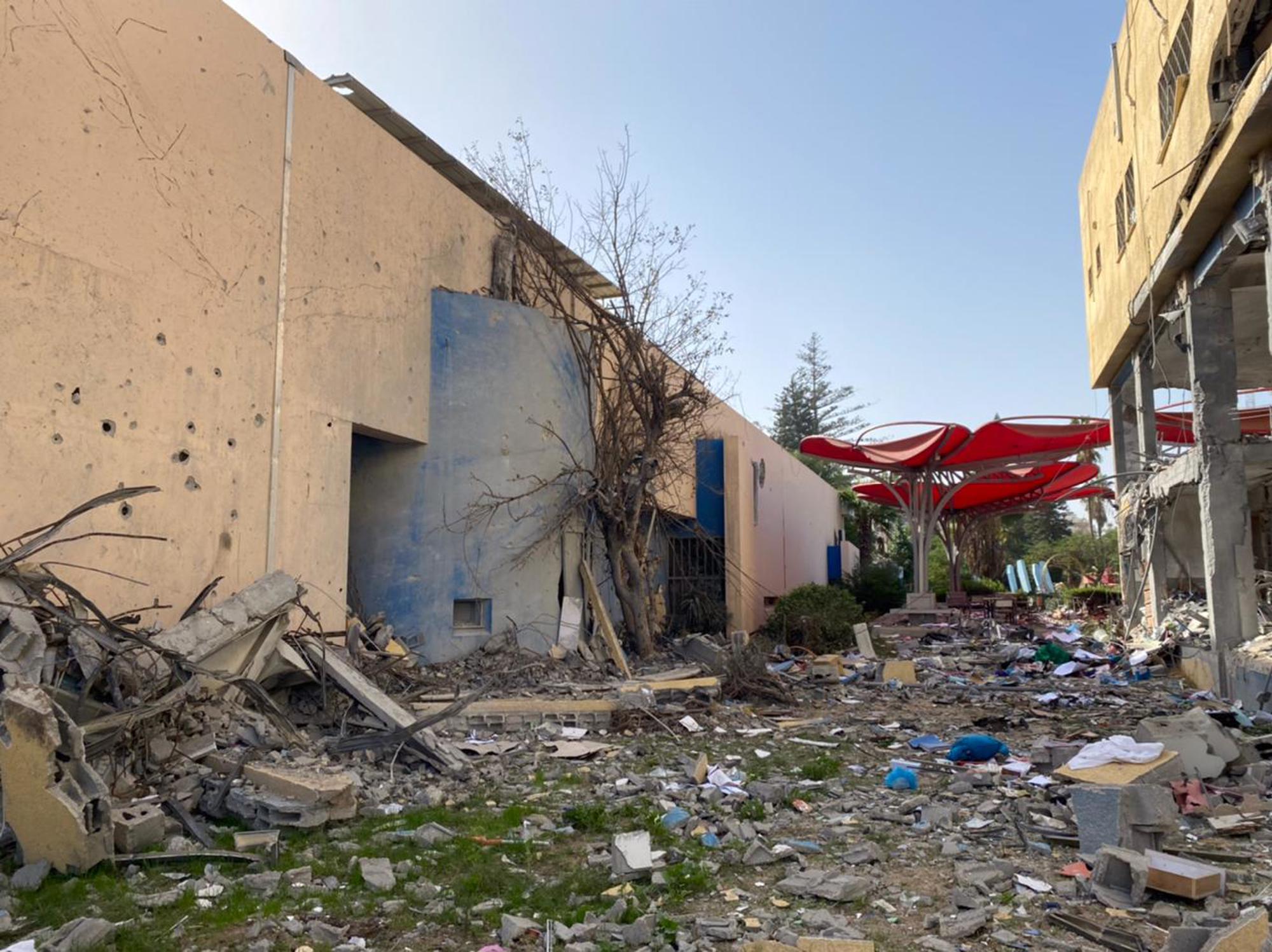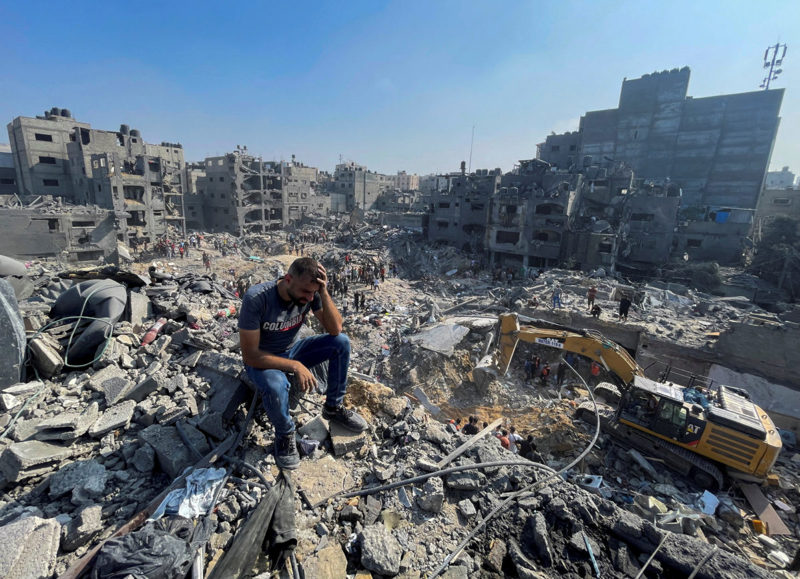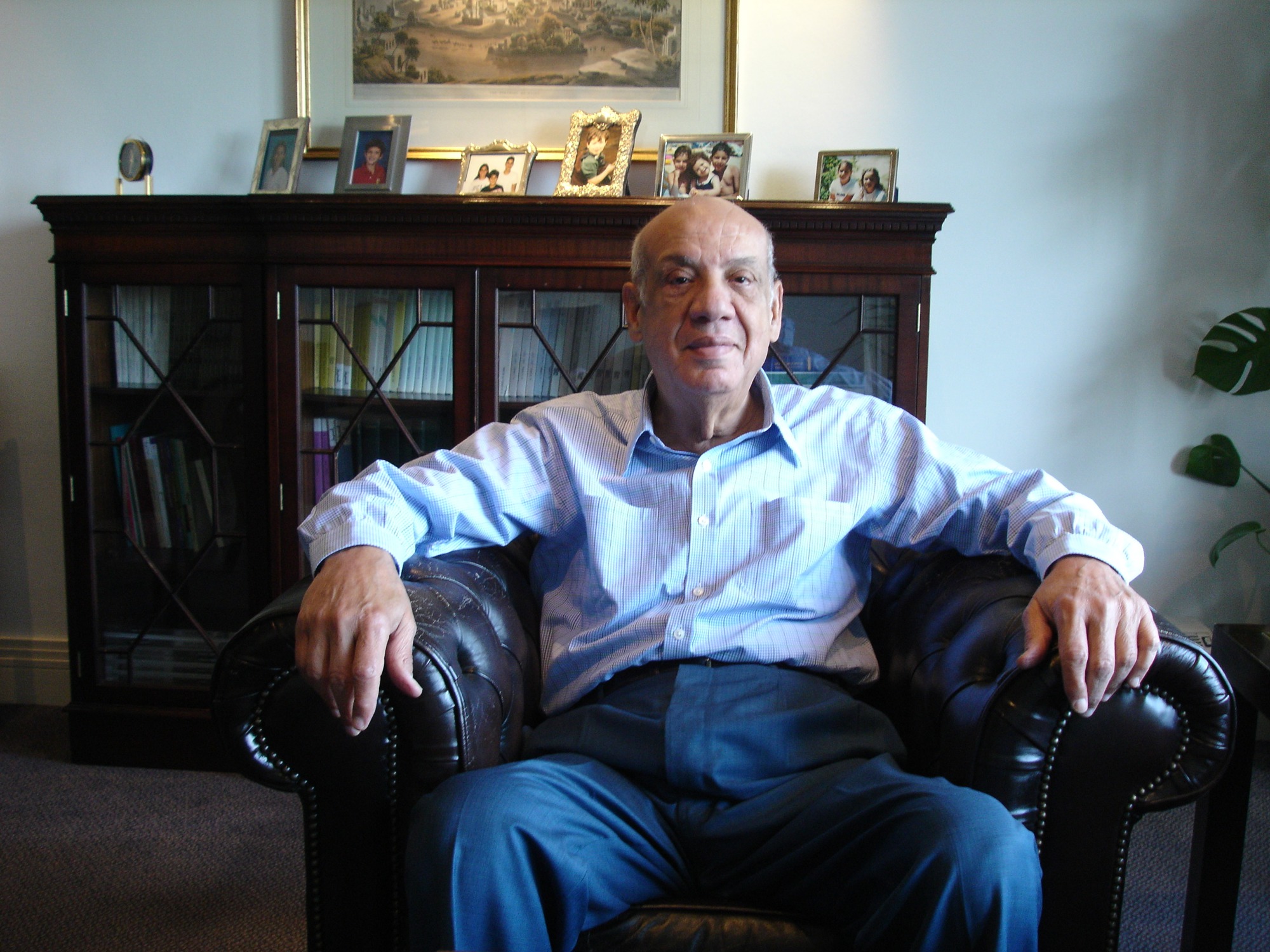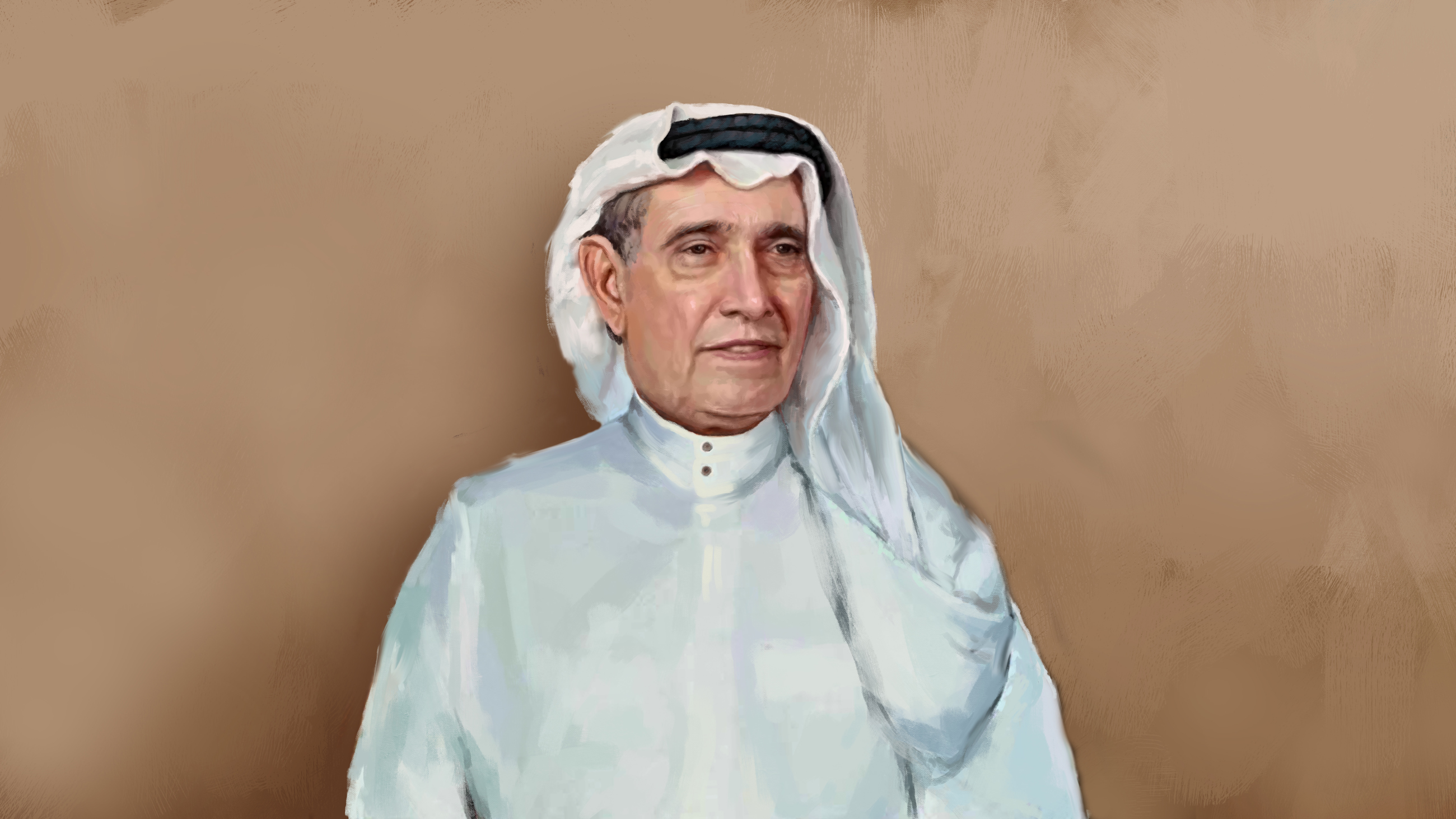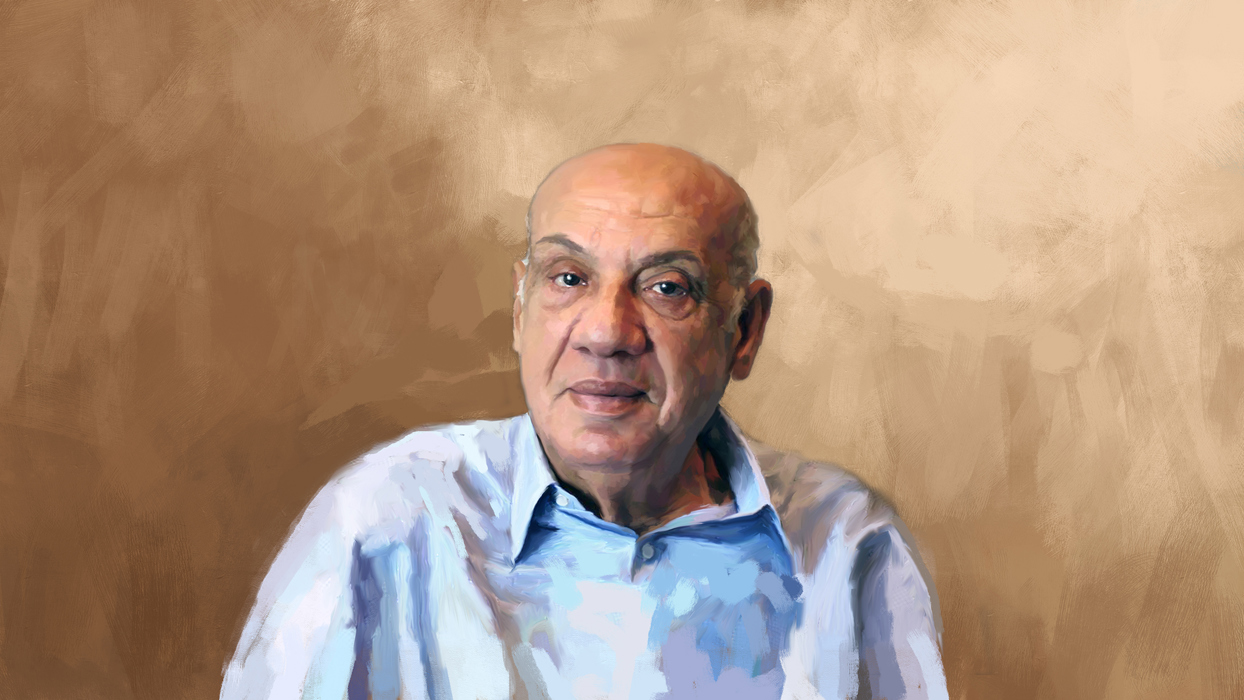Mahdi Karira is one artist who has been recreiving funding from the Foundation since the war began. He has been using scrap materials to make his marionettes which he then performs with for children in displacement camps across Gaza.
“The first puppet I made, my daughter named “Harbi” (War Puppet) because of the war,” he said. “Making puppets is challenging with no electricity. Simple tasks like drilling holes or connecting parts became extremely difficult. I had to carve and manually screw things in. My hands bear the marks—burns from hot glue, cuts from saws, plastic melted onto my fingers.”
Getting to performances is also a struggle, he says, but he has no shortage of audiences as people continue to live crammed into temporary shelters and the reaction he receives more than justifies his efforts.
“Theatre brings people together—it brings us together,” Karira says. “One thing I learned during this war is how much it means for a child to hold a puppet after a show. I’ve seen photos of children whispering to the puppets, and I wish I knew what they were saying. These moments bring me the greatest happiness.
Meanwhile, at the Al-Fakhour School, which has become a refuge in Jabalia Refugee Camp in the northern Gaza Strip, performing arts trainer Ahmad Tafesh has been teaching children how to sing songs and play rhythms with simple tools, such as wooden objects and empty food utensils.
Tafesh focuses on group singing to create harmony between participants. This style of collaborative performance aims to strengthen bonds between displaced children from different areas and create a sense of support and strength.
Another grantee in Khan Younis is visual artist Alaa Shahwan, who is working with displaced children, encouraging them to use drawing to express their feelings about the war. Drawing on the rubble of destroyed homes, some children depict themselves as doctors treating injured persons, while others draw policemen who can defend their homeland.

